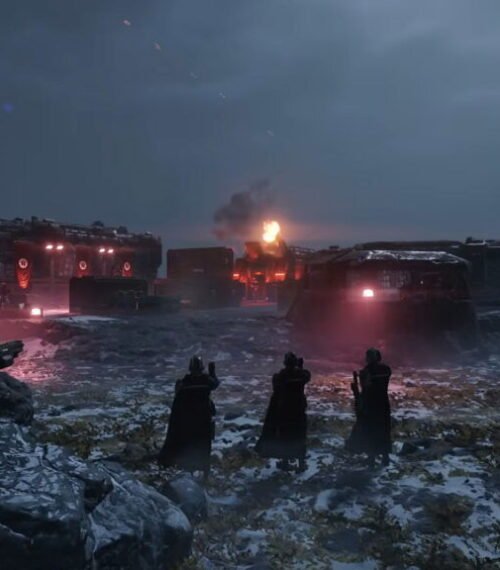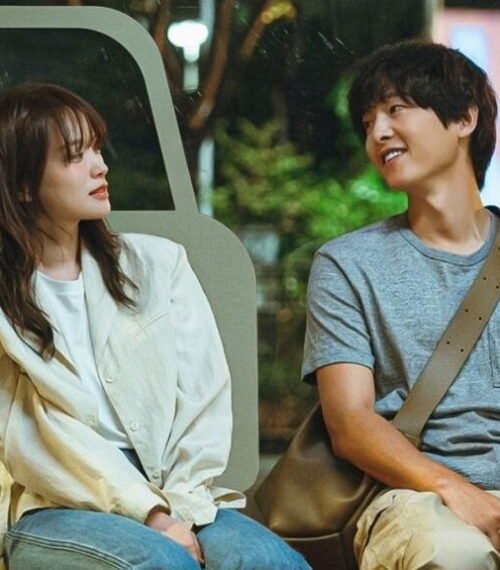Chie Hayakawa’s feature debut, Plan 75, was one of the most underrated gems of its year, having been Japan’s submission for Best International Feature but being snubbed from the shortlist. Although Hayakawa’s second film, Renoir, feels incredibly lived in — as it should — and is undeniably gorgeous to look at, it struggles to distinguish itself because of a story that is far too conventional for its own good.
Renoir Review
Renoir is set in Japan in the late 1980s, following an eleven-year-old girl on the cusp of adolescence as she experiences things that no child should have to experience, like loss and grief. That being said, despite the darkness of its subject matter, Renoir is a wonderfully bright, hopeful film, filled with the joy and wonder of a child’s perspective without ever feeling pandering or demeaning.
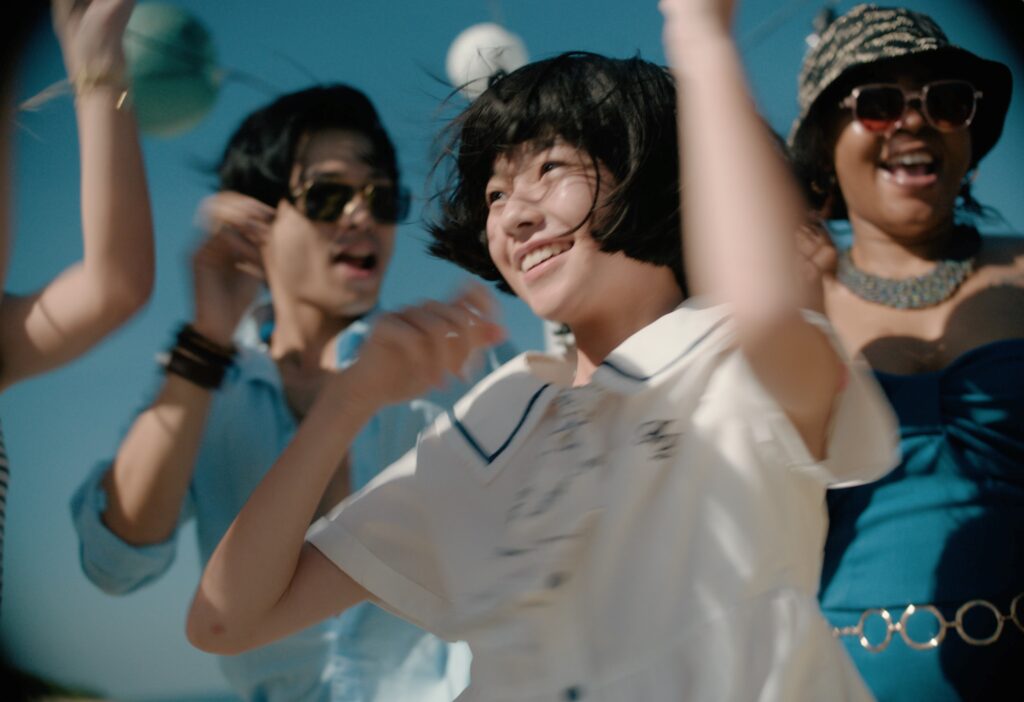
The protagonist in the film is incredibly charming and lovable, mostly because the protagonist’s experience will be relatable to anyone, regardless of their age or origin. However, one of the biggest challenges of Renoir is that it feels stuck between the universality of the experience it depicts and the themes it explores and the cultural context in which it hopes to exist. In many ways, Renoir
The absolute best part of this film is the lead performance by young actress Yui Suzuki, making her film debut here. The coming-of-age genre is one of the most auspicious for young performers, but the naturalism of Hayakawa’s dialogue lends itself to a very nuanced, mature turn. Even in some of the more melodramatic moments, Suzuki reins it in as you would not expect from someone of her age.
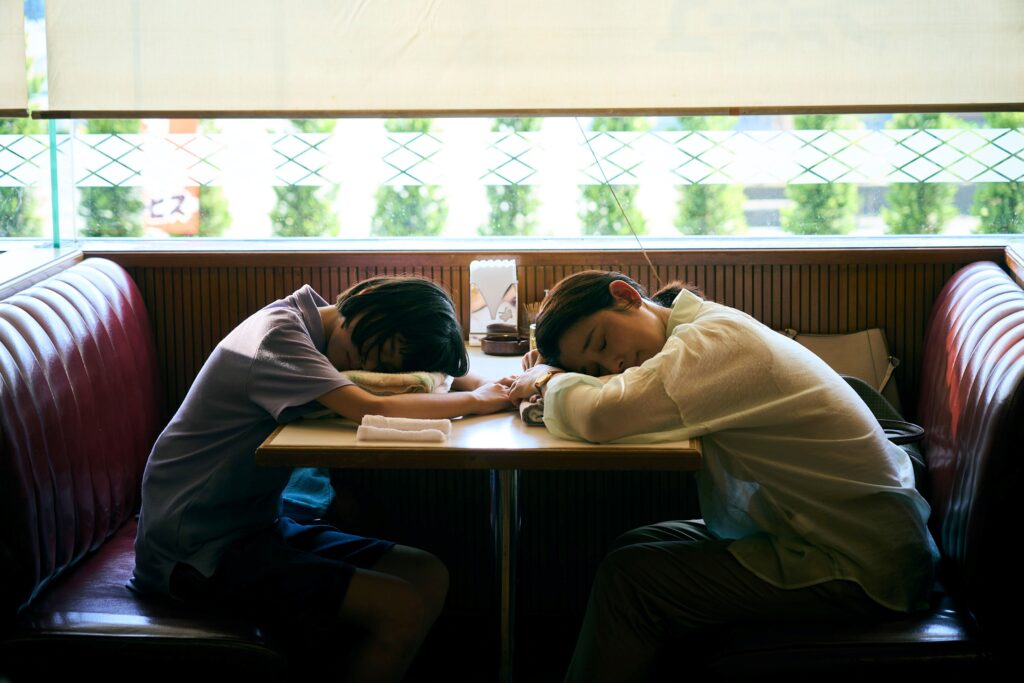
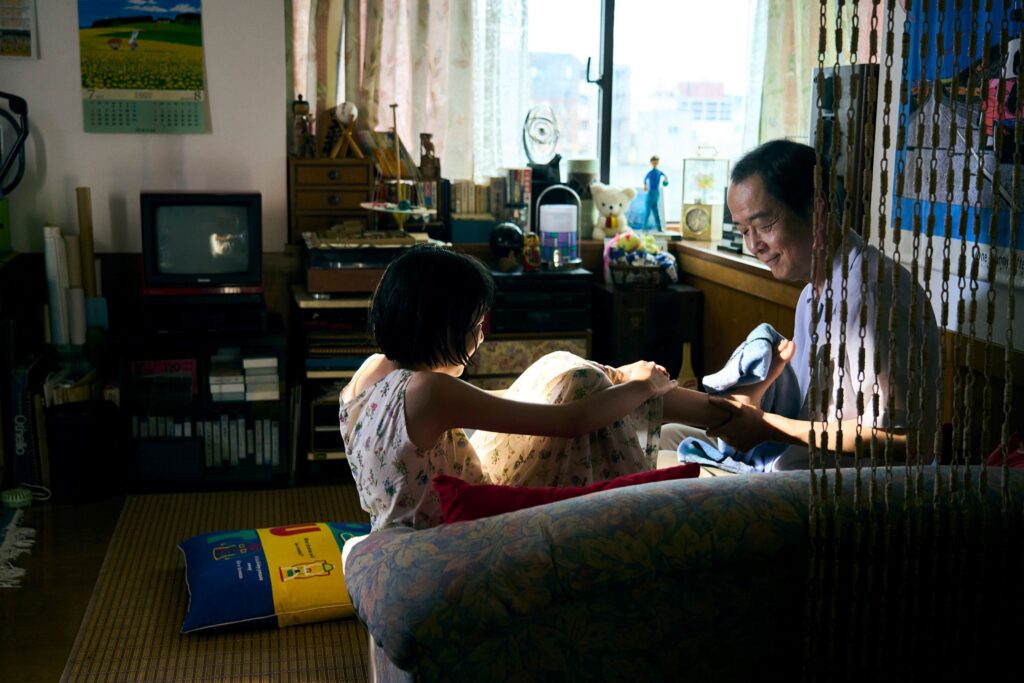
Credit also has to be given to Hayakawa’s strong direction, which does a phenomenal job of creating an evocative atmosphere. Hideho Urata’s cinematography is some of the most gorgeous you will see all year, with extensive use of natural light lending the film a warm, welcoming glow. (It’s a fitting technique, considering that the film’s namesake was known for the use of light in his paintings.) Composer Rémi Boubal also does a great job of building mood.
That being said, as gorgeous as the film looks, Renoir really drags through its nearly two-hour runtime. Hayakawa’s script plays out many of the familiar beats of the coming-of-age genre: a terminally ill father, a working mother whose busyness with her own life causes the protagonist to have more freedom than she should have at her age, several mistakes that border on troubling with the amount of danger they put the protagonist into.
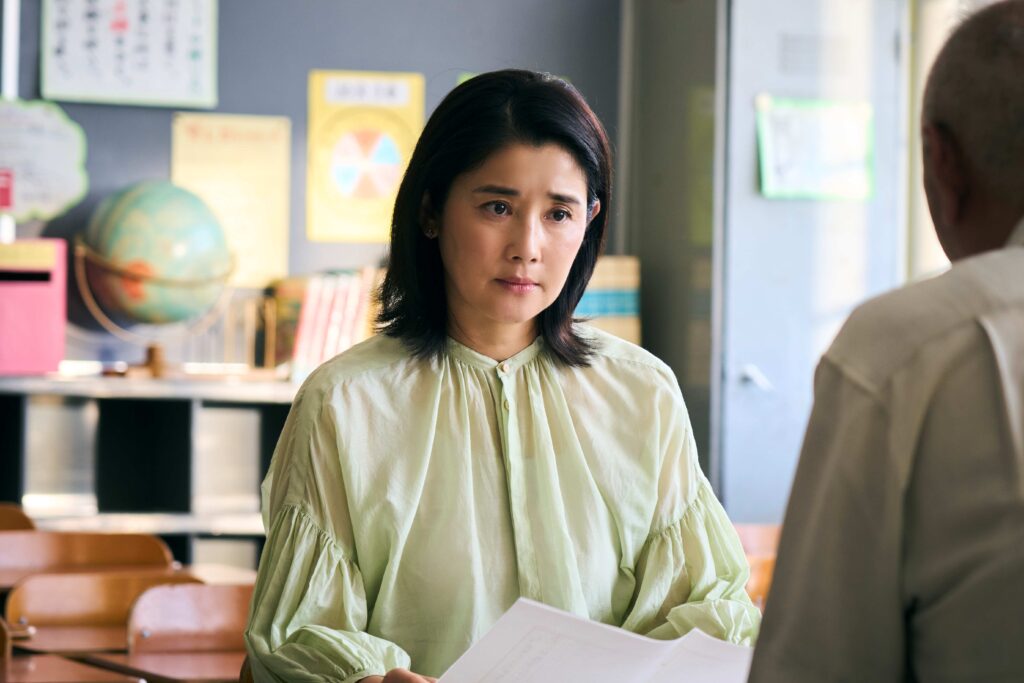
It is worth noting that Renoir is, at least partially, inspired by the filmmaker’s own childhood. Like so many other films set during a filmmaker’s childhood years, like Lady Bird or Dìdi, Hayakawa’s has an undeniably heavy amount of nostalgia for the period in which it was set. If viewers also grew up during the 1980s, they’ll likely find Renoir to be incredibly endearing because of its well-constructed aesthetic choices.
Is Renoir worth watching?
However, both of those films were their respective filmmaker’s first (solo) features and saw them finding their voice. Renoir is Hayakawa’s sophomore feature after an incredibly assured, confident debut. Though the film is carried by the strengths of its visuals and lead performance, these elements alone would have been enough to make this an impressive work of a novice filmmaker. For someone like Hayakawa, who we know can do better, it’s a tad underwhelming.
Renoir screened at the 2025 Toronto International Film Festival, which runs September 4-14.



